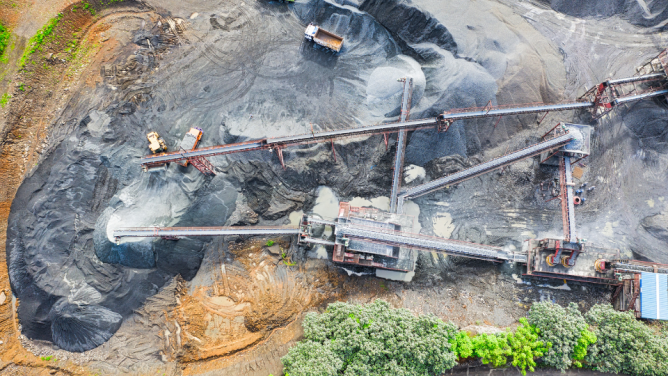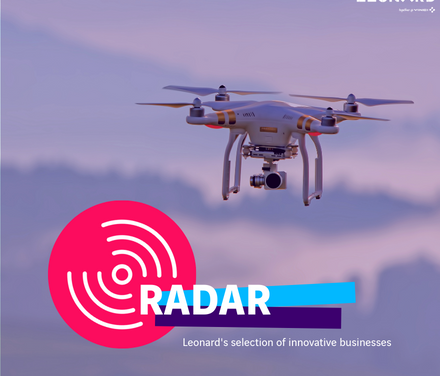The world has never built so much – and the trend is set to gather pace. By 2050 three out of four people will live in urban spaces (towns and periurban areas). Worldwide, these urban spaces already account for 70% of carbon emissions. The raw materials used to construct buildings, urban infrastructure and roads – in particular concrete and bitumen – have a poor carbon performance because of the heat and oil required to produce them. The quality of life of billions of individuals who want to travel, work and live in attractive and convivial spaces depends on our activity.
As a company, we must deal with a challenge that is both incredibly simple and complex. Simple, because it can be summed up by a single figure: zero. VINCI, like France itself, has committed to achieving carbon neutrality by 2050. This means constructing positive-energy buildings; designing infrastructure resistant to extreme climate scenarios; facilitating shared (carpooling, public transport) and decarbonised mobility (electric or hydrogen-powered cars); protecting biodiversity; encouraging the circular economy, notably through actions in favour of waste recycling. This is no doubt the biggest challenge we have ever had to face. A world that will absorb as much carbon as it emits is both essential, if we wish to preserve the planet, and a huge challenge for the armies of engineers, scientists and entrepreneurs. It is also, for all of us, a leap into the unknown, where technical limitations and economic contradictions often prove to be substantial obstacles.
But there is no other choice. To achieve our goal, we need to act collectively, ramp up innovation and accelerate the transformation of most of our construction methods.
This, in a nutshell, is the vocation of Leonard, through which we accompany tomorrow’s startups, whether springing from the imagination of our employees or outside talents. This productive collaboration between our employees, researchers, entrepreneurs, investors and innovators is an extraordinary source of creativity. Thanks to Leonard, the startups selected can test their innovations under real conditions in the VINCI Group’s operating entities. This is a huge advantage in terms of technological and commercial relevance. The test and learn approach makes it possible to adapt solutions to market needs and help them evolve in consequence. A few days ago, we launched two new fast-track programmes: SEED for startups in nurturing phase and CATALYST for more mature projects, both focusing on the construction, mobility and energy markets. The goal of the SEED programme is to help startups validate their markets and formulate their products or services. The first seven startups were recently selected – they will benefit from the assistance of mentors, outside experts and VINCI. They will participate in an academic programme run by Stanford University’s Center for Professional Development, while also receiving financial assistance and free accommodation for the duration of the programme.
This is just a beginning. A large number of industrial and financial players have also launched initiatives in this field. If Leonard, alongside others, contributes to this creative upsurge, we will, collectively, have made a useful contribution.

